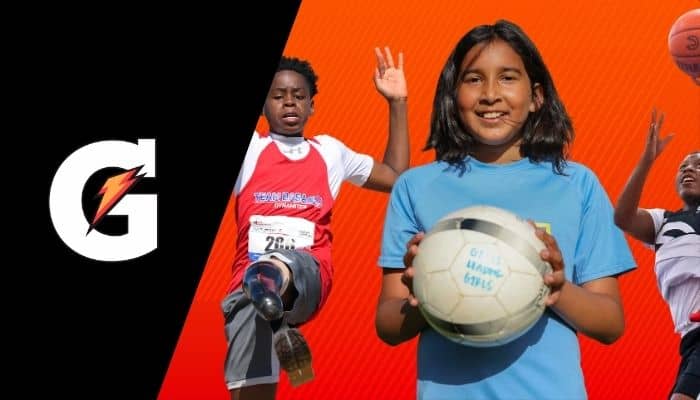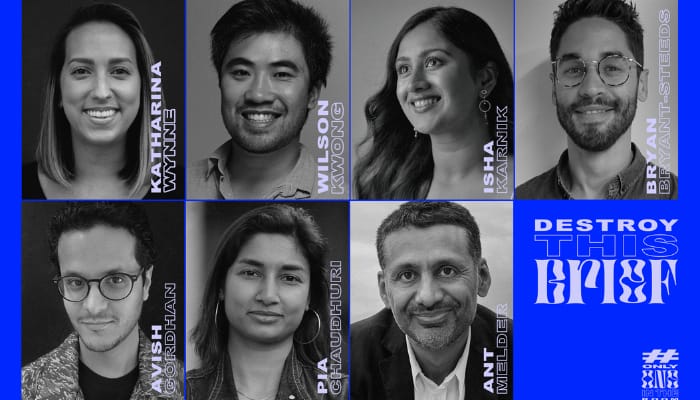United States – Gatorade, the iconic sports drink from PepsiCo, is expanding its ‘Fuel Tomorrow’ sport platform globally in a bid to address equity in sport. What started as a US-based initiative will roll out globally in a series of initiatives within this year.
For Gatorade, they are committed to help 2,500,000 teens across the world access the life-changing power of sport by 2030. Moreover, it promises to continue its mission to increase participation and to inspire future generations to get active.
Kicking off in May, the brand’s renowned grassroots football tournament for teens aged 14-16, 5v5, will take place in Bilbao with an all-female tournament and in London with both male and female tournaments. Designed to promote and showcase equal opportunities for young talent, the tournament – now in its seventh year – has been delivering positive formative sporting experiences to thousands of young amateur athletes from all over the world, providing over 151,000 young adults from diverse backgrounds the opportunity to excel to date.
May will also see an extension of the brand’s ‘Confidence Coach’ initiative following the successful launch with Rachel Yankey and Andriy Shevchenko in 2023. Fuelled by the finding that a lack of confidence within teens has a huge impact on the drop-out rate of sport, this innovative programme aims to inspire future generations by partnering with some of the world’s most iconic football players as Confidence Coaches to share their experience first-hand and motivate aspiring players.
The final programme coming later this year will be the ‘Fuel Tomorrow Fund’. Created to encourage community integration to cover the cost of equipment and spaces to play sport in low-income areas in key markets.
Bart LaCount, vice president of marketing at Gatorade, said, “Gatorade’s Fuel Tomorrow platform embodies our core mission – that is to ignite the potential that is inside each one of us, that can be unleashed through sport and being active. Unfortunately, not everyone has equal access to those opportunities – but at Gatorade, we believe everyone should be able to access sports and we firmly believe that barriers to participation should not exist. Gatorade looks forward to a future in which everyone, everywhere, can unlock the life-changing power of sport.”




